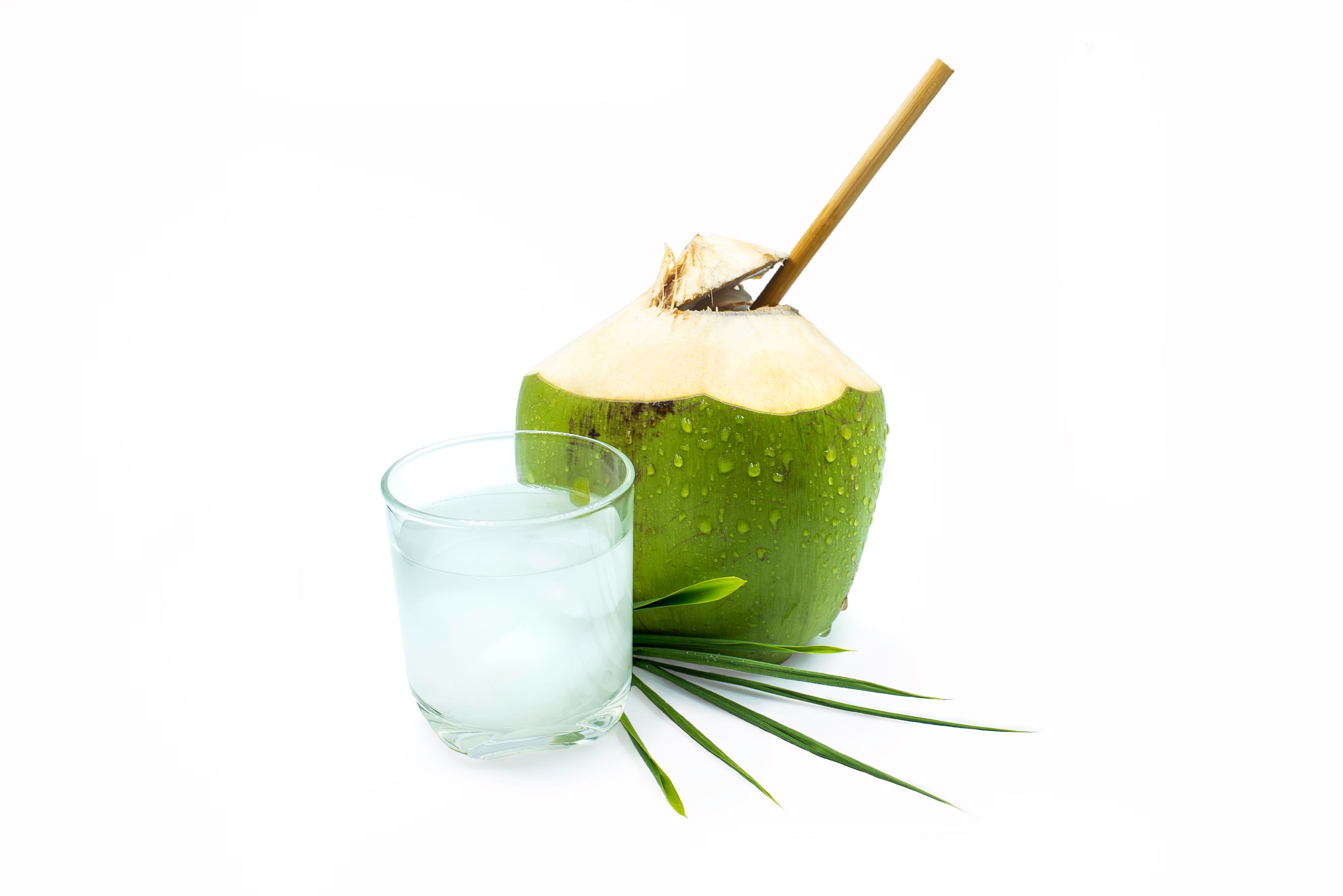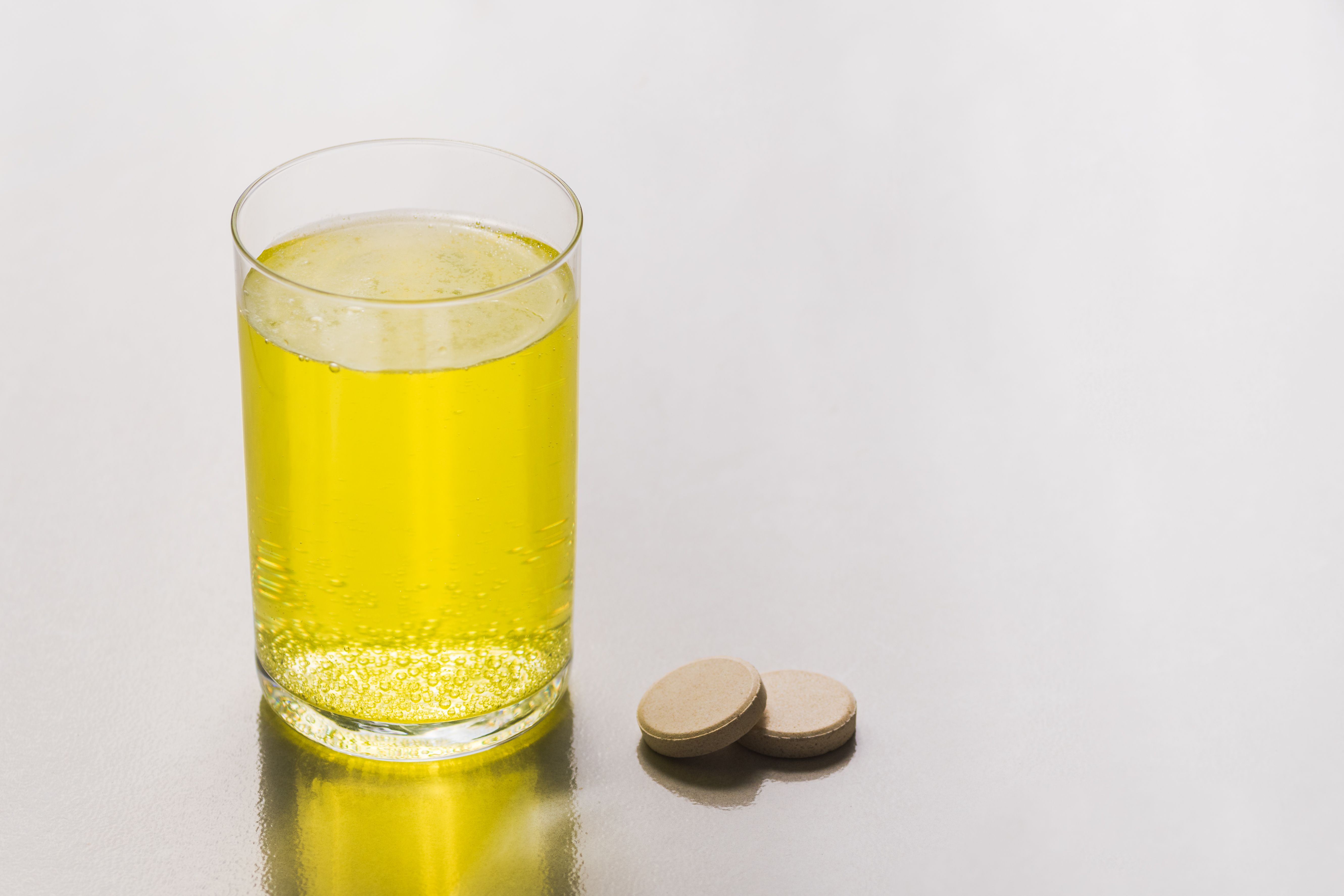Coconut Water vs. Electrolyte Drinks: Which Hydrates Better?
Understanding Hydration Needs
When it comes to staying hydrated, especially during intense physical activity or hot weather, the choices often boil down to coconut water and electrolyte drinks. Each has its own set of benefits and potential drawbacks. But which one hydrates better? To make an informed decision, it's essential to understand what your body needs and how these beverages meet those needs.
Hydration is not just about quenching thirst; it's about maintaining the right balance of fluids and electrolytes in your body. Electrolytes like sodium, potassium, and magnesium play a crucial role in muscle function, nerve signaling, and maintaining fluid balance. Both coconut water and electrolyte drinks aim to replenish these vital elements.

Nutritional Comparison
Coconut water is often dubbed "nature's sports drink." It's low in calories and contains a variety of electrolytes, including a high concentration of potassium. This makes it a popular choice for those looking for a natural way to rehydrate.
On the other hand, commercial electrolyte drinks are specifically formulated to replace electrolytes lost through sweat. They typically contain a balanced mix of sodium, potassium, and sometimes additional minerals like calcium and magnesium. However, they can also be high in sugar and artificial ingredients.

Coconut Water: The Natural Choice
Coconut water is celebrated for its natural origin and minimal processing. It provides a refreshing taste without the added sugars or artificial flavors found in many sports drinks. The high potassium content helps in regulating fluid balance and supporting muscle function.
However, while coconut water is excellent for mild hydration needs, it may lack sufficient sodium content necessary for intense workouts or long-duration exercise sessions where more significant electrolyte loss occurs.
Electrolyte Drinks: Tailored for Performance
Electrolyte drinks are designed with athletes in mind. They offer a more comprehensive blend of electrolytes, catering to those who engage in prolonged physical activities. The added sodium helps in retaining fluids and preventing cramps during intense exercise.
Nevertheless, the downside is that many commercial options contain added sugars and artificial ingredients. It's crucial to read labels carefully to choose a drink that aligns with your health goals.

Making the Right Choice
Ultimately, the choice between coconut water and electrolyte drinks depends on your personal hydration needs and preferences. For everyday hydration or light exercise, coconut water is an excellent natural option. It provides essential nutrients without excess calories or artificial additives.
For those participating in strenuous activities or exercising in hot climates, an electrolyte drink might be more appropriate due to its balanced sodium content. However, opting for sugar-free or low-sugar versions can help minimize unnecessary calorie intake.
Conclusion
Both coconut water and electrolyte drinks have their place in a hydration strategy. Understanding your body's requirements and the nature of your activities will help you make the best choice. Whether you prefer the natural simplicity of coconut water or the targeted benefits of a formulated sports drink, staying hydrated is the ultimate goal.
